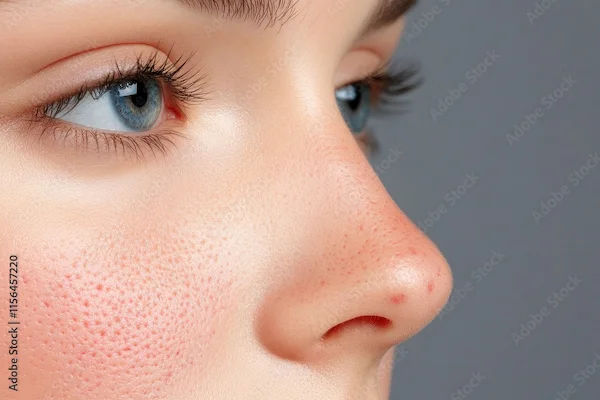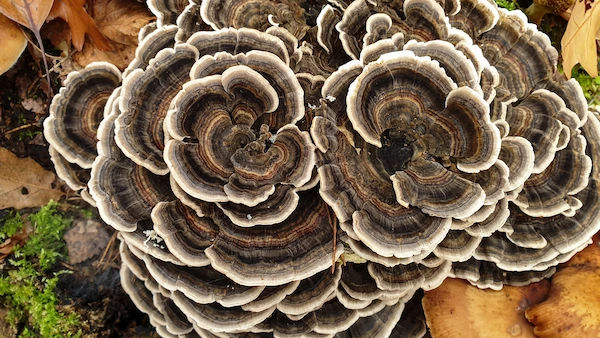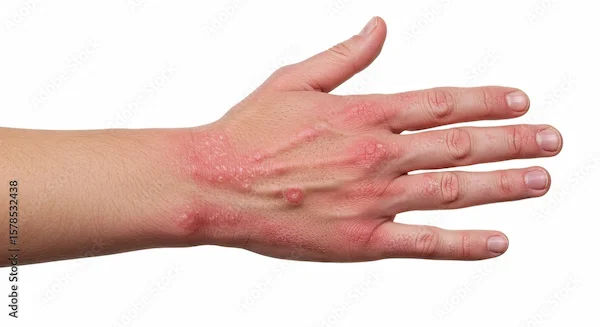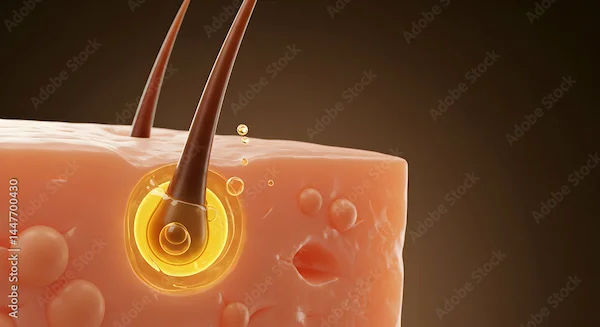- Female
- 23 Years
- 29/01/2025
I've been dealing with really dry skin on my face and some pretty intense dark circles. There's also this dark line across my nose and a patch near it that just won't go away. I'm already on a six-month treatment for pimples that my doctor assured would help with the dark spots too, but I'm not actually seeing any change. What should I do?
Answered by 1 Apollo Doctors
Visit your Physician for appropriate management
Dr. Dr Khaleel Suggests...
Consult a Dermatologist
Answered 04/07/2025
0
0

More Dermatology Health Queries
View allI got a stud earring but it developed a keloid and even after three injections to reduce it, the keloid hasn't fully gone away. It's still there on my ear and makes me really uncomfortable. Should I consider surgery or are there other treatments I can try?
dermat opinion is advised.
read more![Doctor 1]()
![Doctor 2]()
Answered by 1 Apollo Doctors
I've been having some hair fall issues, so my doctor put me on these B12 supplements. But after about two weeks, I started getting really bad reactionslike rashes and acne on my hands and face. I stopped the supplements immediately, but it's been over a week, and my acne is still there and hasn't improved at all. Should I be doing something specific to help with this, or will it just clear up on its own eventually? I'm kind of worried and not sure what to do next.
This could be drug reaction detailed evaluation is required for your problem,better see Dermatologist for further management
read more![Doctor 1]()
![Doctor 2]()
Answered by 1 Apollo Doctors
I'm noticing some black spots on my face and a doctor recommended I try using dermiford cream. I'm really curious if this is the right thing to do for my skin. Do you think it's okay to use it?
Continue dermiford cream for atleast 3 weeks, any side-effects dermat opinion is advised.
read more![Doctor 1]()
![Doctor 2]()
Answered by 1 Apollo Doctors
Disclaimer: Answers on Apollo 247 are not intended to replace your doctor advice. Always seek help of a professional doctor in case of an medical emergency or ailment.





